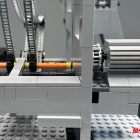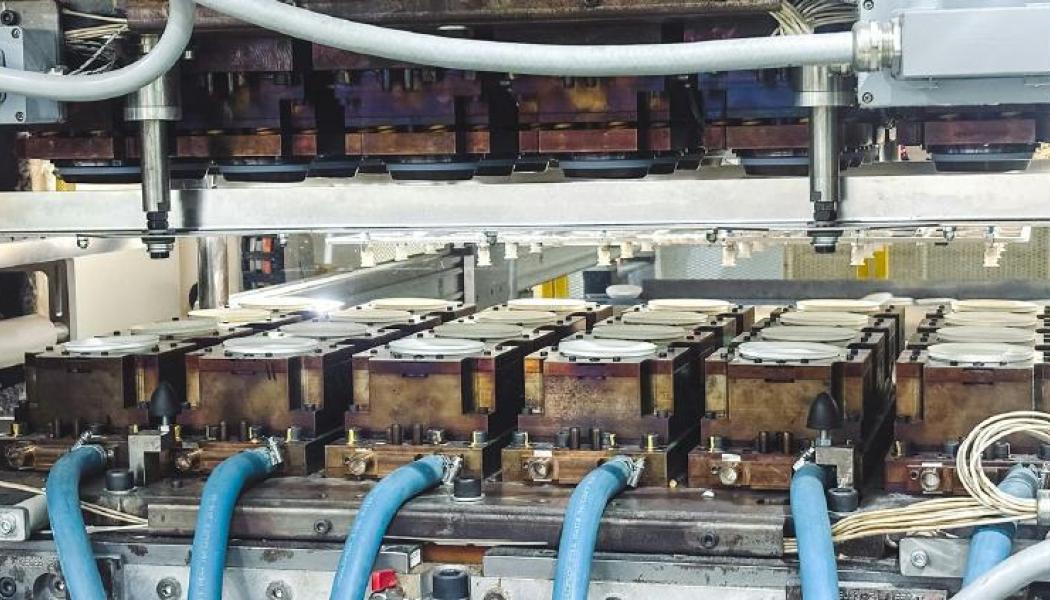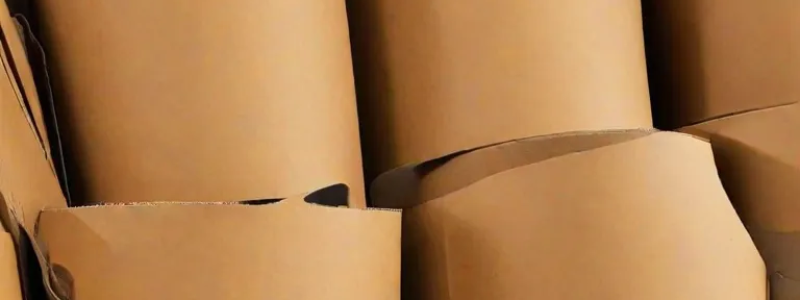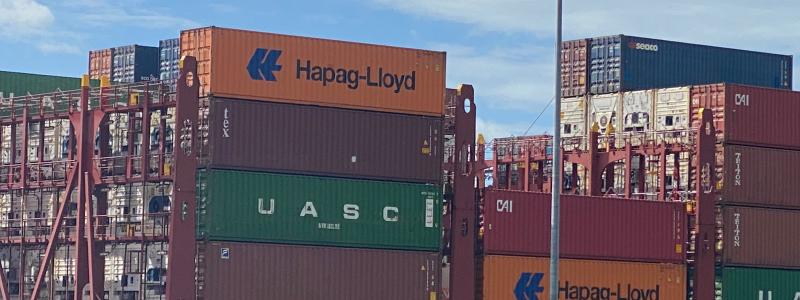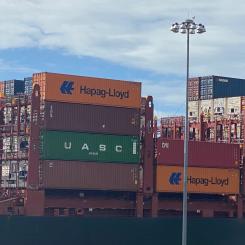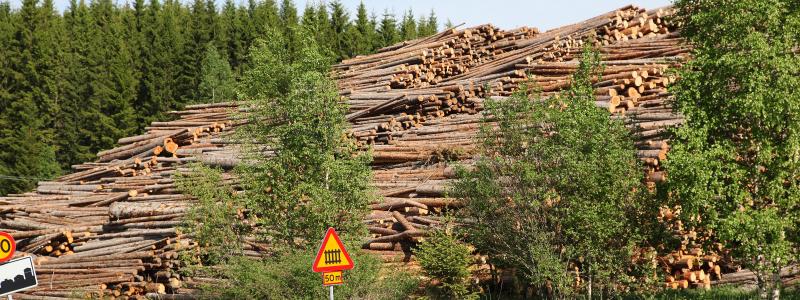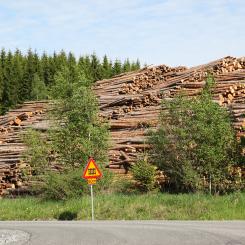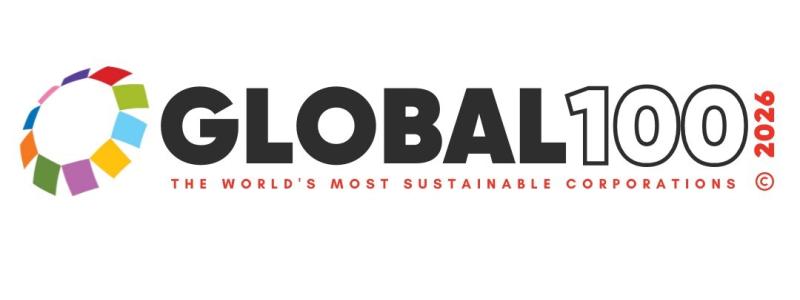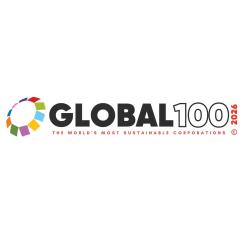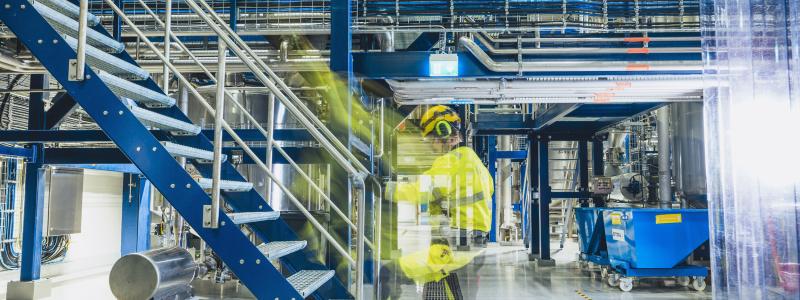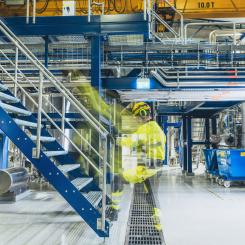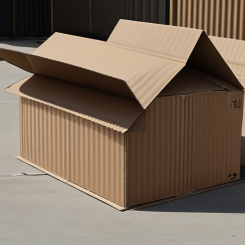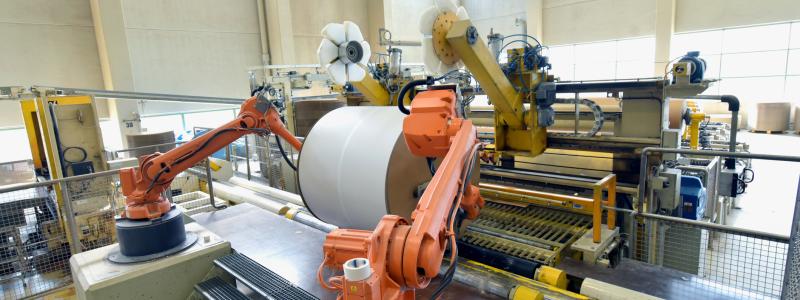HZ Green Pulp has begun full-scale commercial production of Dry Molded Fiber coffee lids in Malaysia, becoming the first PulPac licensee in Asia to supply the market with this fiber-based alternative to plastic.
First commercial Dry Molded Fiber production in Asia marks a big step forward for fiber-based packaging alternatives.
HZ Green Pulp, already established in wet-molded fiber, commissioned its first PulPac Modula machine earlier this year. With production now running at scale, HZ Green Pulp is ready to supply Dry Molded Fiber products to both local markets and multinational brands. Coffee lids are the first product, broadening the company’s current portfolio. Additional Dry Molded Fiber food-service applications are expected to follow.
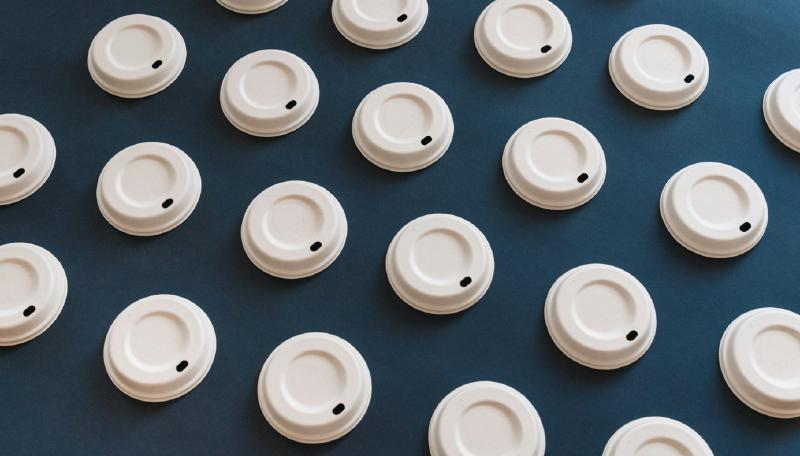
Photo: PulPac
“Our mission is to provide packaging solutions that are both responsible and cost-efficient,” said Dr. Donald Yap, CEO of HZ Green Pulp. “Our wet molding operations continue to serve customers well, but Dry Molded Fiber allows us to introduce a new generation of products that respond to evolving market demands while reducing environmental impact. We’re confident in the technology’s capability and its fit with our customers’ requirements.”
For PulPac, the move underscores the maturity and scalability of its technology. “Licensees moving from installation to commercial deliveries is a defining milestone,” said Sanna Fager, Chief Commercial Officer at PulPac. “Our licensing model provides a direct path to market, protected IP, standardized tooling and materials, and a partner network that has already solved the hard problems. It embeds world-leading know-how to shorten validation and de-risk scale-up, a proven route to commercial production, faster to shelves with experienced support from day one and beyond launch.”
Dry Molded Fiber — invented, patented, and licensed by PulPac — is an industrial fiber-forming technology for high-speed production of rigid packaging. The process uses minimal water and significantly less energy than traditional fiber molding, offering a cost-competitive, resource-efficient alternative to single-use plastics.



